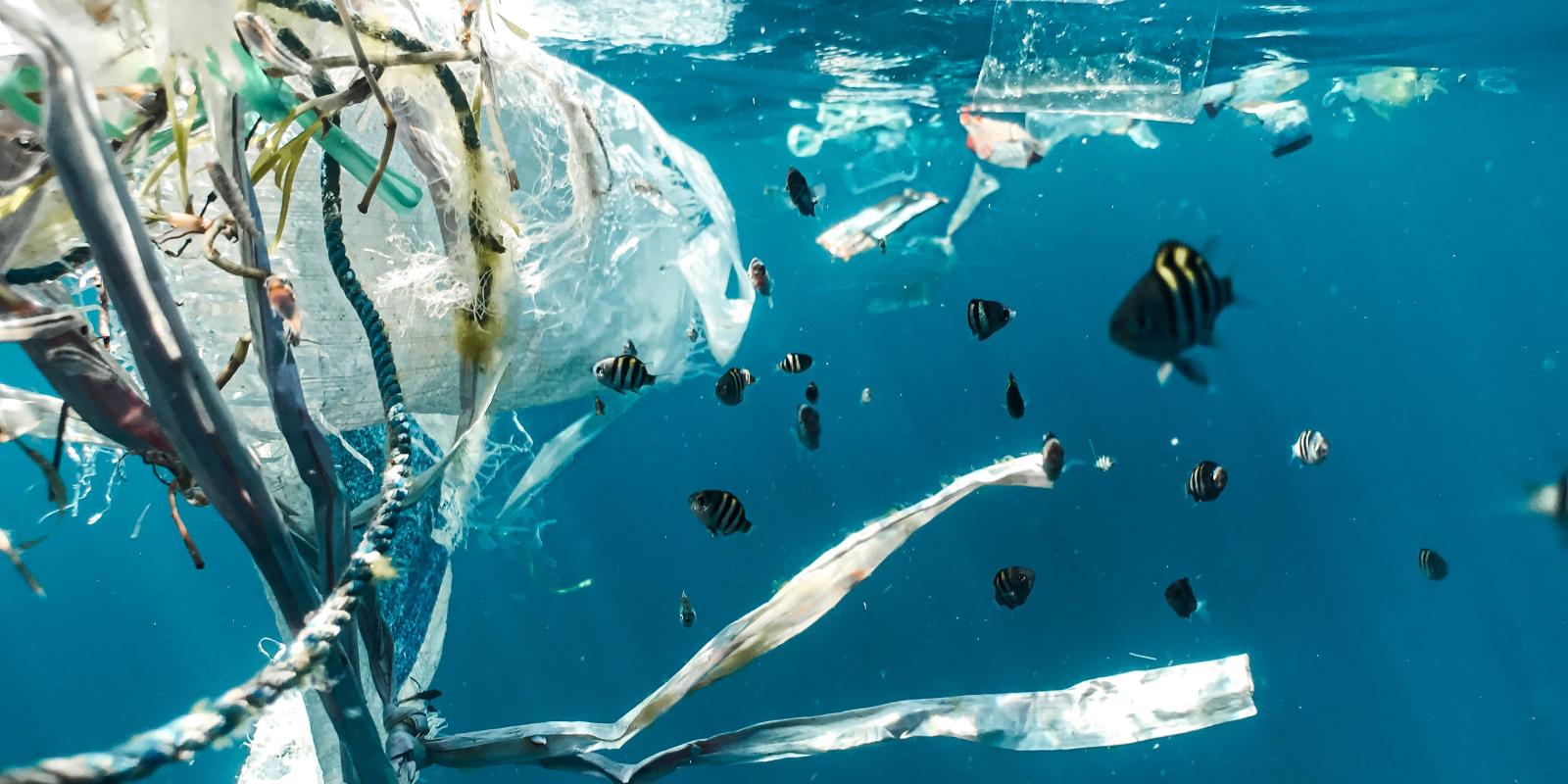
It's Just One Bag, Isn't It? Upcoming AUC "Invisible" Performance at COP27
“All the world’s a stage,”- Shakespeare (As You Like It)
What is the world, but a stage? Jillian Campana, professor of theatre and associate dean for undergraduate studies at the School of Humanities and Social Sciences, will explore the relationship between art and life during “invisible theatre” performances at COP27.
The play, titled It's Just One Bag, involves AUC student actors who will perform a conversation in conference exhibit rooms in which they argue about single-use plastic bags and their effect on Egypt’s environment. The interactive performance will ask the audience to examine why people choose to use single-use plastic instead of sustainable options and what impact these decisions have on their community.
Invisible theater scripts are written using a hybrid form of traditional playwriting and improvisation. “We will have a few rehearsals on campus to challenge the actors to adjust their responses according to how spectators engage,” Campana says. “This type of theatre demands training in improvisation and deep research into the subject matter.”
The students will disguise the fact that their conversation is staged, leading the audience to perceive it as a real event. “Invisible theatre seeks to reach smaller audiences but to make a bigger impact with those small groups,” Campana explains. “When participants do not know they are seeing a rehearsed performance piece, they are more apt to engage with the dialog and share their own thoughts. Invisible theatre capitalizes on this by demanding audience participation.”
Around 43% of plastic waste in the Mediterranean comes from Egypt, much of which is single-use plastic. By making the audience an active participant in the art, It's Just One Bag will emphasize the importance of individual autonomy. Invisible theatre hinges on audience engagement, which the student actors are trained to encourage.
“Many people think only large corporations and governments can help work toward solutions, but the truth is, if someone is not part of a solution, they are part of the problem,” says Campana. “And when people feel they are not part of the conversation and actively helping with the issue, they tend to ignore it. The more everyday citizens feel involved in helping with this issue, the more they will begin to make other changes. Big solutions take both large and small steps and the involvement of everyone.”
